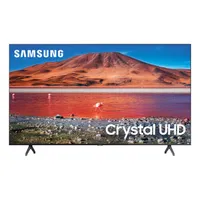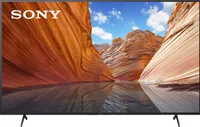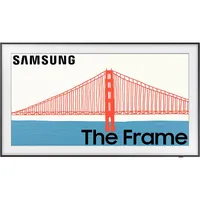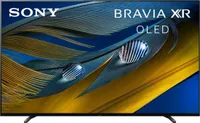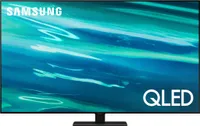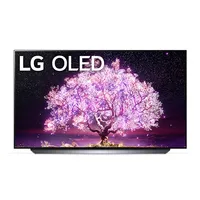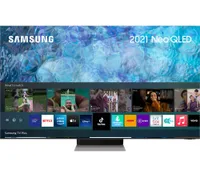Buying a new TV for Black Friday? There's one hidden aspect you need to consider
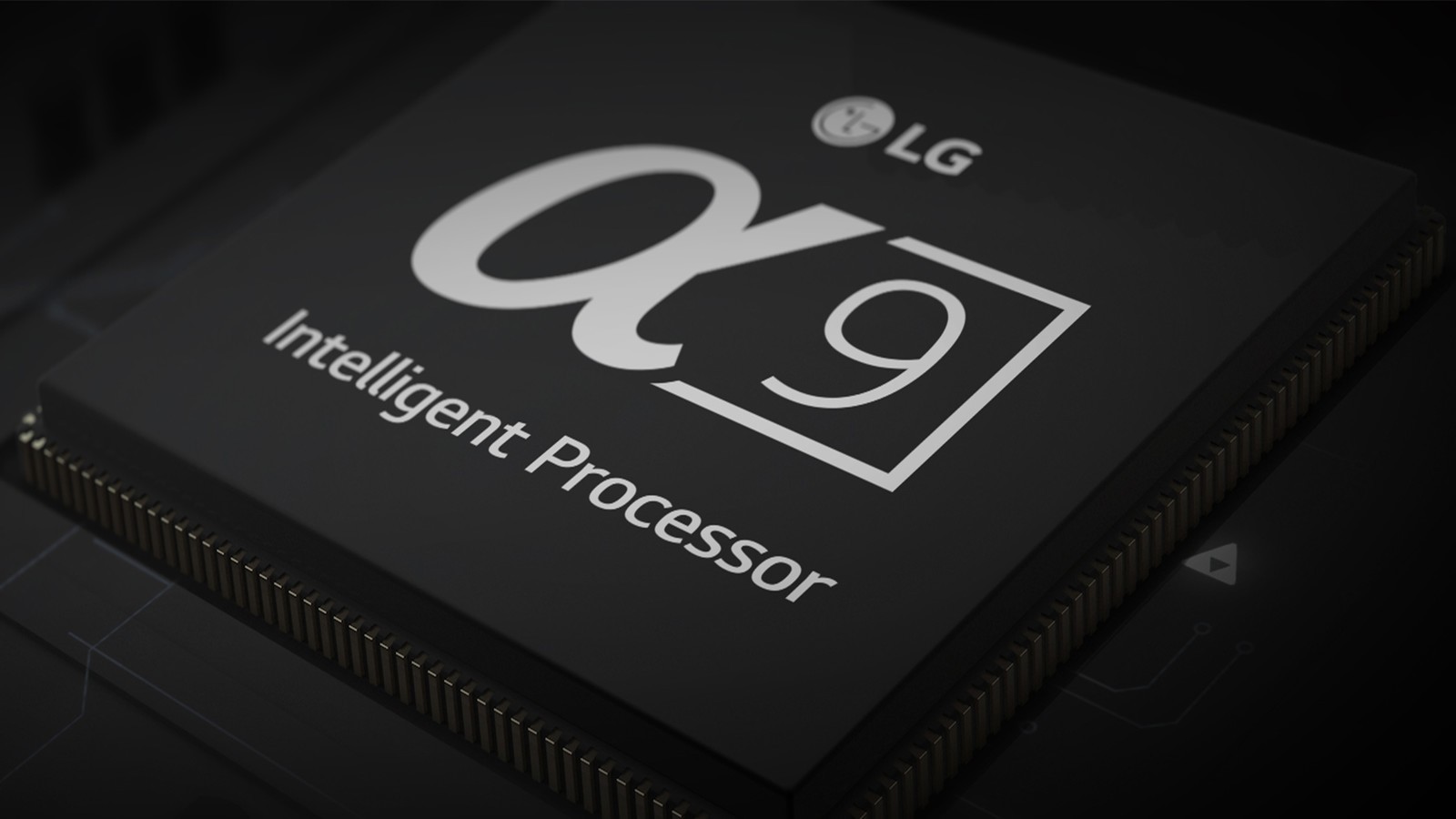
Sign up for breaking news, reviews, opinion, top tech deals, and more.
You are now subscribed
Your newsletter sign-up was successful
I’ll let you in on a little secret, close to a decade ago I worked at a Best Buy during the busiest time of the year: Black Friday.
Picture wave after wave of people coming in to buy the best TV deal and you’ll have a sense of what that was like. And while I did my best to tell them why a slightly more expensive screen is worthwhile in the long run, few listened.
While some took into consideration panel technology, no one, and I mean no one, considered key components like the processor when buying a TV.
In some ways, I don’t blame them. Processors are certainly less sexy than features like HDR, Dolby Vision and Dolby Atmos - which are great to have and fun to talk about - but none of those extras are going to matter if the TV is slow to respond to commands and doesn’t do a good job upscaling. That’s why a good processor is key.
What does a TV processor do, exactly?
If you’re familiar with computer processors, you’ll probably have a good understanding of TV processors. They’re responsible for the processing of data that’s coming in, and sending it to the right places.
For example, if upscaling an image from HD resolution to 4K necessitates some clean-up, the processor has to call on a set of instructions to do that. The same thing happens when you’re watching a sports match and there’s a lot of motion between the frames: The processor has a set of commands that will build frames in-between to make the game look smoother while you’re watching it.
It also has a lot to do with how responsive your TV is when moving between apps, and how well those apps run when you’ve got them loaded up.
Sign up for breaking news, reviews, opinion, top tech deals, and more.
A processor still has to be paired with an excellent full-array backlight with local dimming or an OLED panel to really shine, but without a processor neither of those would be anything to idolize.
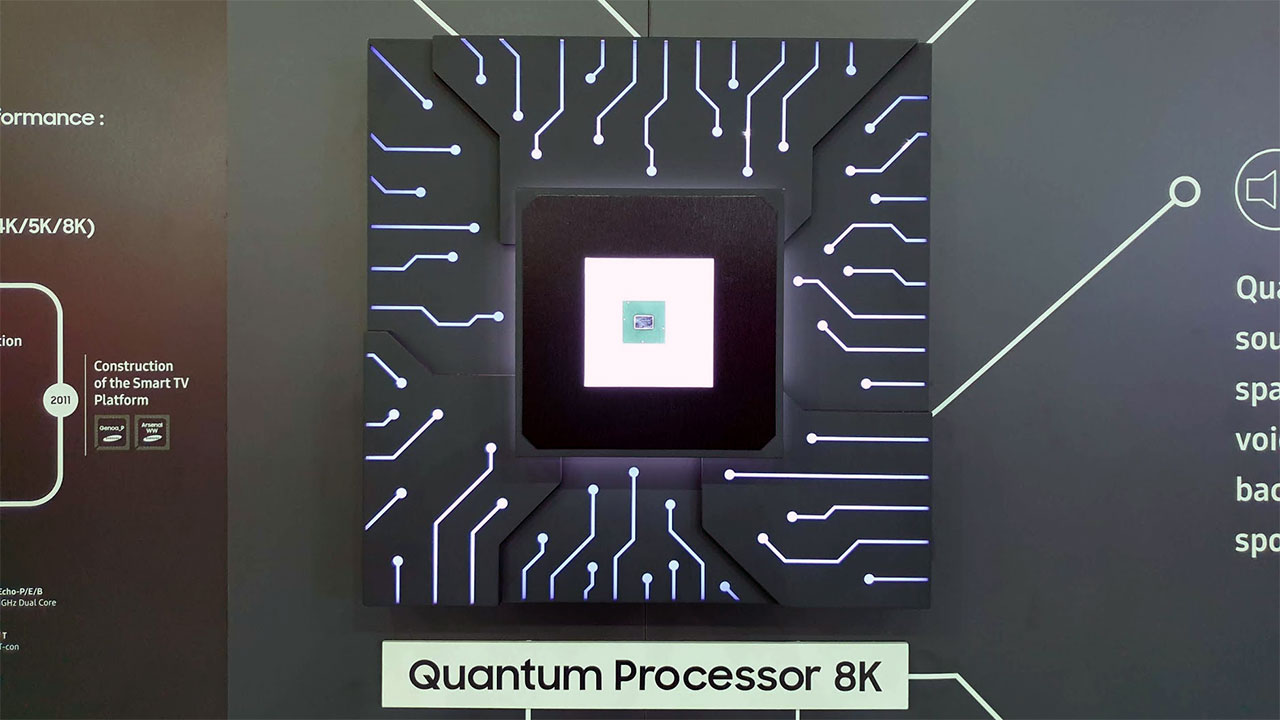
How do you find out how good a TV’s processor is? Which processor is inside your TV?
Manufacturers haven’t always made it easy to tell which processor is running inside their TVs, and rarely give out the specs of those processors to allow us to compare them with one another. For the most part, they’re still a kind of black box hidden inside the TV.
What we can do, thankfully, is compare processors inside the same range of TVs. LG, Samsung and Sony make it incredibly easy to see which processor goes inside which TV, and clearly lay out the advantages of each on their websites:
- Here's a primer on Samsung's Neo Quantum Processor
- Here's a primer on Sony's Cognitive XR Processor
- Here's a primer on LG's Alpha a9 Gen. 4 Processor
Discount brands like Insignia, Hisense, Toshiba and Onn make it very, very difficult to see which processor is inside their TVs and often vaguely label them on spec sheets. At best, these companies use terms like “quad-core” to describe processors - but many won’t even tell you that much.
Worse, once a TV’s been purchased you’ll really have a hard time finding out what’s running under the hood, as it’s almost never listed in the TV’s settings or manual.
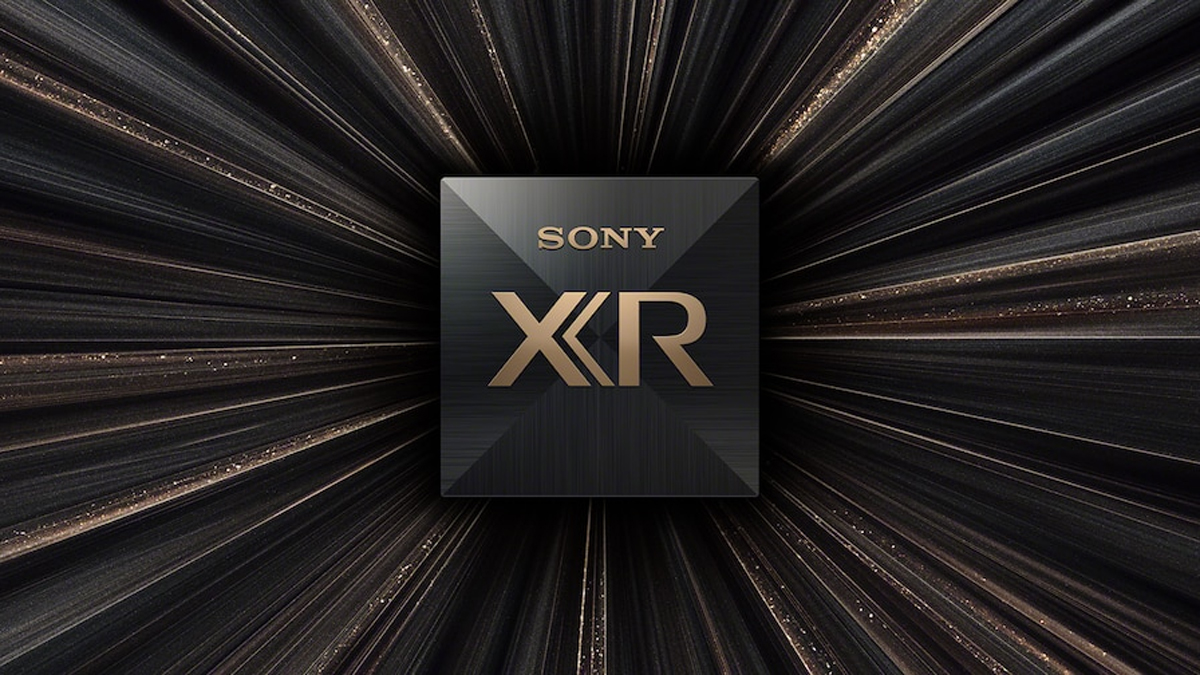
What can you do about it?
The first thing you can do is educate yourself on some of the processors in use today; get to know your Sony Cognitive XR from your Samsung Quantum Processor 4K, and spend time looking at the step up and step down from the TV you want to buy.
Most times, the processor is the one thing that separates mid-range models like the LG A1 or B1 OLED from high-end siblings like the LG C1 OLED, and that’s what you’re missing out on by choosing the cheaper model.
Lastly, and this is going to sound somewhat self-serving, always read professional reviews for a TV you’re going to buy. Professional reviewers have detailed specs on the TVs you’re interested in and can often suss out the processor so you don’t have to.
Taking the time to do all that could save you a lot of frustration with your new TV and can make the buying decision a lot easier, too.
Looking to shop for Black Friday TV deals right now? Luckily for you, there are some fantastic bargains happening on a range of 4K, QLED, and OLED TVs and we've listed the offers for you just below.
Today's best Black Friday TV deals
Samsung 55-inch 4K Smart TV: $499 $479 at Walmart
Save $20 – If you're looking for a mid-size Black Friday TV deal, Walmart has the Samsung 55-inch 4K TV on sale for just $479. You're getting a stunning 4K Crystal display and smart capabilities, so you can easily stream all your favorite movies and TV shows from apps like Netflix, Hulu, Disney+, and more.
Sony 75-inch X80J Series 4K UHD Smart TV: $1,399.99 $1,049.99 at Amazon
Save $350 - One of the most popular early Black Friday TV deals is this 75-inch 4K TV from Sony that's on sale for a record-low price of $1,049.99. The smart TV delivers a cinema-like picture experience thanks to Sony’s powerful X1 4K HDR processor and works with the Google Assistant and Amazon Alexa for smart home compatibility and hands-free control.
Samsung 55-inch The Frame QLED 4K Smart TV (2021): $1,499.99 $1,397.99 at Amazon
Save $102 - Amazon's early Black Friday sale has the stunning Samsung The Frame TV on sale for $997. That's a massive $500 discount and the best deal you can find right now for the QLED TV. The 55-inch set transforms into a beautiful piece of art to seamlessly blend into your home's decor and includes customizable bezels, a QLED display, and smart capabilities.
Sony Bravia 55-inch XR OLED TV: $1,799.99 $1,399.99 at Best Buy
Save $400 - Sony's OLED TVs are some of the best out there, offering exquisite picture quality, robust sound, and a solid OS to boot. If you want an OLED that will dominate your home cinema, you can't do much better than this 55-inch display, and at $400 off, you're sure to be snatching up a bargain with this Black Friday TV deal.
LG OLED G1 Series 55-inch OLED: $1,999.99 $1,696.99 at Amazon
Save $303 - Black Friday TV deals are going strong at Amazon, and we've spotted LG's gorgeous OLED G1 series on sale for a record-low price of $1,696.99. The G1 from LG is an outstanding OLED TV that offers excellent contrast, better brightness than we've seen before, and an impressively thin design. It's no surprise that it's on TechRadar's list of best TVs of 2021.
Samsung 75-inch Q80A Series QLED 4K UHD Smart TV: $2,699.99 $1,699.99 at Samsung
Save $1,000 - Samsung just released early Black Friday TV deals, and we've spotted a massive $1,000 price cut on this 75-inch QLED TV. That's the lowest price we've seen and an incredible deal on a big-screen QLED TV. This 2021 Samsung set delivers a brilliant picture with bright, bold images thanks to Full Array backlighting and a powerful 4K Quantum Processor.
LG C1 OLED (65-inch): $2,499.99 $1,796 at Amazon
Save $703 - This is the best Black Friday TV deal we've spotted so far, and we predict it won't be around for long. Amazon has the brilliant LG C1 OLED TV on sale for a record-low price of $1,796. It's one of the best TVs you can buy, thanks to the stunning OLED display, Alpha a9 Gen. 4 processor, and virtual surround sound audio. If you're after the best price-to-performance ratio, the C1 OLED comes with our highest recommendation – especially now that it's getting a $700 discount.
Samsung 65-inch QN900A Neo QLED 8K Smart TV (2021): $4,999.99 $3,299.99 at Samsung
Save $1,700 - If you really want to splash all out, this epic Black Frida TV deal is for you. TechRadar's best TV of 2021, Samsung's 65-inch QLED 8K TV, is on sale for $3,299.99. That's a massive $1,700 discount and the lowest price we've seen for the stunning 8K display. The Samsung QN900A is one of the best TVs you can buy, thanks to its exceptional picture quality and state-of-the-art design.
- Check out our guide to the best 4K TVs to see which processors are behind this year's best TVs

Nick Pino is Managing Editor, TV and AV for TechRadar's sister site, Tom's Guide. Previously, he was the Senior Editor of Home Entertainment at TechRadar, covering TVs, headphones, speakers, video games, VR and streaming devices. He's also written for GamesRadar+, Official Xbox Magazine, PC Gamer and other outlets over the last decade, and he has a degree in computer science he's not using if anyone wants it.
